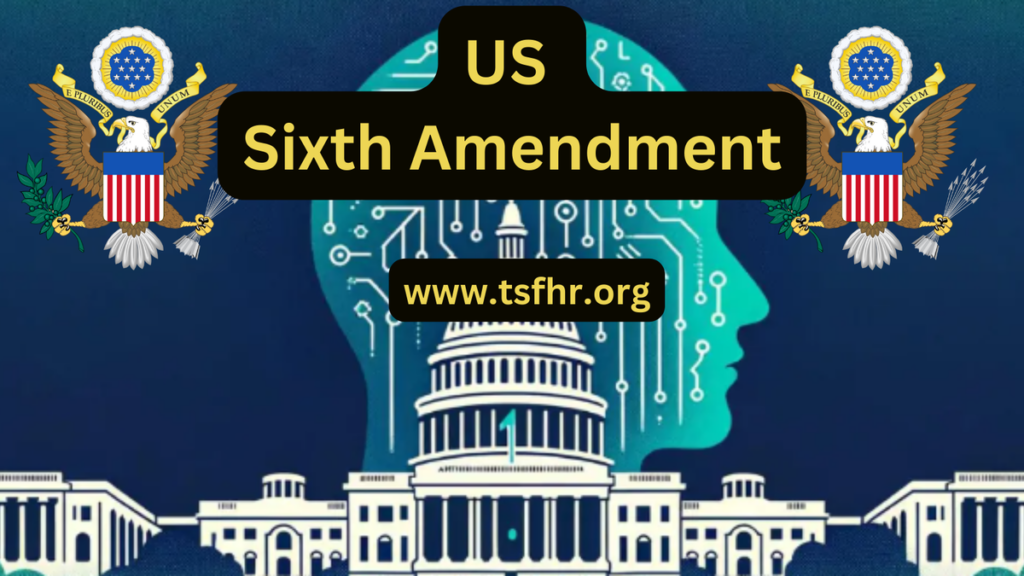Discover what the 6th Amendment means in simple terms, its importance in criminal trials, and how it protects your rights, including real-life examples and insights.
What Is the 6th Amendment in Simple Terms?
The 6th Amendment is one of the most significant parts of the U.S. Constitution, but what does it actually mean in simple terms? If you’ve ever wondered why a fair trial or the right to a lawyer matters so much, this amendment has all the answers. I’ll break it down step-by-step so anyone—even kids—can understand it. Fun fact: Without the 6th Amendment, a criminal trial could look very different from what you see on TV! Let’s dive in to see how this amendment protects our freedoms.
What Does the 6th Amendment Say in Simple Terms?
- Explains the right to a speedy and public trial.
- Guarantees an impartial jury.
- Ensures the accused knows the charges against them.
- Highlights the right to confront witnesses.
- Provides the right to a lawyer for defense.
- Example: “Imagine being accused of something but not knowing why—that’s what the 6th Amendment protects you from.”
Why Is the 6th Amendment Important?
- Protects individuals against unfair trials.
- Upholds justice by ensuring everyone gets a fair chance to defend themselves.
- Real-life example: The landmark case of Gideon v. Wainwright expanded the right to counsel for defendants.
- Emphasizes the role of the amendment in modern-day law enforcement.
What Are the 6 Rights in the 6th Amendment?
- Speedy trial.
- Public trial.
- Impartial jury.
- Knowledge of accusations.
- Confrontation of witnesses.
- Right to counsel.
- Example: “Think of it as a checklist for fairness during a trial.”
Examples of the 6th Amendment Being Violated
- Denial of a speedy trial leading to prolonged imprisonment.
- Not providing legal counsel to the accused.
- Witnesses not allowed to testify or being coerced.
- Case study: A famous violation and its impact on the accused’s rights.
How Does the 6th Amendment Affect You Today?
- Why it’s essential for citizens to understand their rights.
- The amendment’s role in modern legal systems.
- How it helps ensure a balanced judicial process.
- Example: “Imagine being falsely accused—this amendment ensures you’re treated fairly.”
Conclusion:
The 6th Amendment isn’t just legal jargon—it’s a powerful shield for justice and fairness. Whether it’s your right to a lawyer, a fair trial, or knowing the charges against you, this amendment ensures you’re treated with dignity and respect. It’s a cornerstone of our freedoms. If you’ve ever been curious about your rights, now’s the time to explore them further. After all, understanding your rights is the first step to protecting them!
Other Amendments Articles
FAQs About the 6th Amendment
What is the 6th Amendment in simple terms for kids?
It’s like a rule to make sure everyone gets a fair trial.
What happens when the 6th Amendment is violated?
Trials can be declared unfair, and decisions may be overturned
What are some examples of the 6th Amendment being violated?
Details on cases where rights were denied.
Why is the 6th Amendment important today?
Highlights its relevance in current times.
